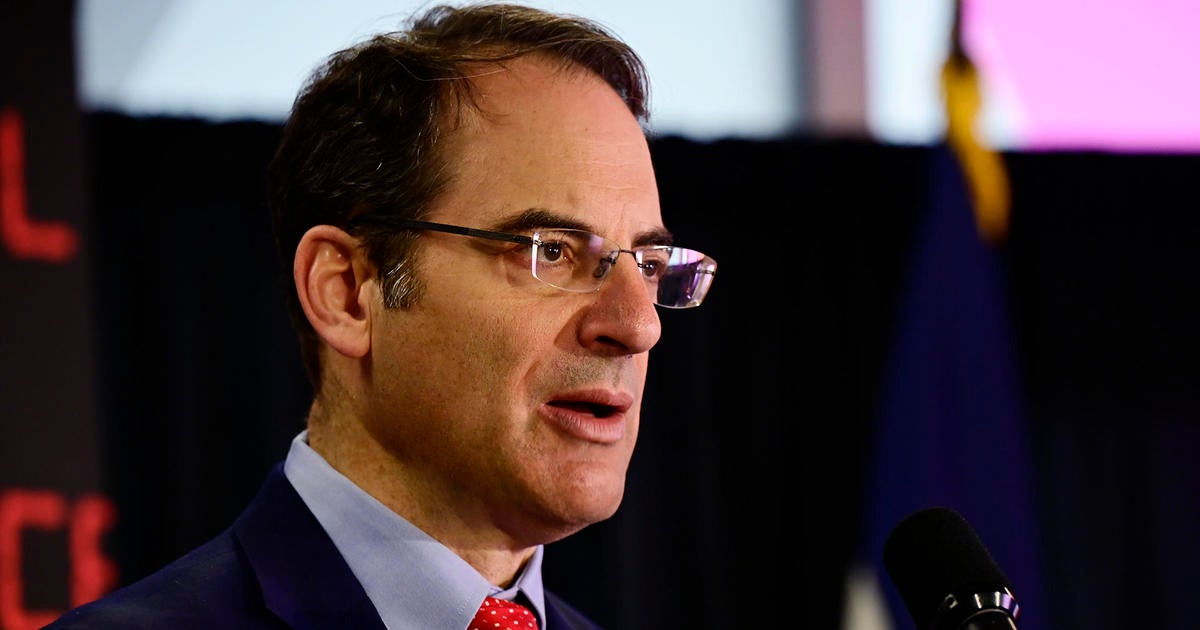This is a guest opinion column
Congress is busy debating proposed Medicaid work requirements, but the far bigger issue for middle-class families in Alabama and across the country is the runaway cost of healthcare in general.
Since 2000, the price of healthcare and coverage has roughly quadrupled, while overall inflation hasn’t even doubled. Even though 92% of Americans have health insurance, 41% have medical debt. A recent survey finds 38% of insured Americans skipped care over the last year due to cost concerns.
The solution to this healthcare cost crisis isn’t complicated: We need real, enforceable price transparency to protect us from overcharges and empower us to choose affordable care.
Consider my story. Last year, I had difficulty walking and was referred to a specialist for a leg muscle biopsy at a local doctor’s office. Despite my best efforts, no one could tell me the price. Since I thought I had good insurance, I went ahead with this outpatient procedure that took less than an hour. Thankfully, the results ruled out an untreatable neurological condition.
Then the bills arrived.
First, a $1,059 bill from the doctor who performed the biopsy. This seemed reasonable, so I set up a payment plan. But then, a much larger bill—$16,531—from UAB Hospital, which apparently owns the doctor’s office I visited.
Part of this bill was a $4,464 hospital facility fee, even though the procedure could have been conducted in my kitchen. It turns out that big hospitals have quietly been buying up doctors’ offices around the country so they can charge significantly higher prices.
There was also an egregious $8,030 charge for pathology.
My health insurance brought the hospital bill down to $3,122, so the total I owe out of pocket is $4,200. But I’m still left wondering: What’s the point in paying nearly $1,000 in monthly health insurance premiums if I’m left with such a large bill for a routine procedure?
While challenging this outrageous bill, I have gotten the typical runaround: Calls go unreturned, fake assurances that my bill is being investigated, and rehearsed, insincere responses. Despite assurances to the contrary from the hospital’s billing supervisor, my bill has been sent to collections, endangering my credit score.
Healthcare is the only industry where consumers are expected to make blind purchases. Imagine dining at a restaurant and not seeing prices until the check arrives. Why do we accept this opaque dynamic in healthcare?
Almost everyone I know has a similar healthcare billing horror story. My son-in-law recently paid a $450 estimate for an outpatient procedure in Atlanta. His final bill was $15,000 after his insurer refused to cover it.
Federal rules require hospitals and insurers to disclose actual prices, but enforcement is weak and compliance is poor. Hospitals and health insurers don’t follow the spirit of the law and post disclosures in massive files that are impossible to understand. I hold a master’s degree and spent decades working in HR. If I can’t understand this system, what chance does the average patient have?
In February, the Trump administration issued an executive order to strengthen price transparency rules to make them meaningful for patients. Florida’s Attorney General has recently opened an investigation into the predatory billing practices of state hospitals. Alabama Attorney General Steve Marshall should follow suit.
Price transparency works. In areas such as LASIK and cosmetic surgery, where prices are clearly posted and competition thrives, costs have decreased. Upfront prices can reverse runaway costs systemwide and make healthcare equitable, affordable, and accountable.
My health journey is far from over, and I will need to depend on this system in the years ahead. I currently need a colonoscopy but am putting it off because -- despite my best efforts -- I can’t get a reliable, upfront price. From now on, I want to know what I’m paying for—before the bill shows up. I just hope the cost is not my health.
Kerry Schrader, MBA, is a retired HR executive, entrepreneur, and resident of Hoover, AL.
If you purchase a product or register for an account through a link on our site, we may receive compensation. By using this site, you consent to our User Agreement and agree that your clicks, interactions, and personal information may be collected, recorded, and/or stored by us and social media and other third-party partners in accordance with our Privacy Policy.









 English (US) ·
English (US) ·